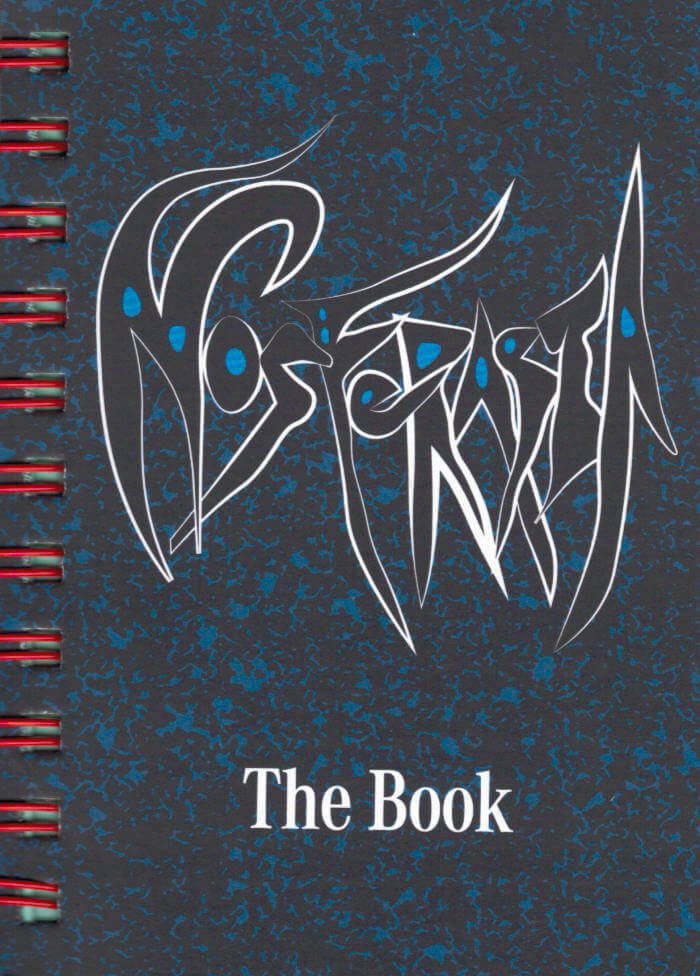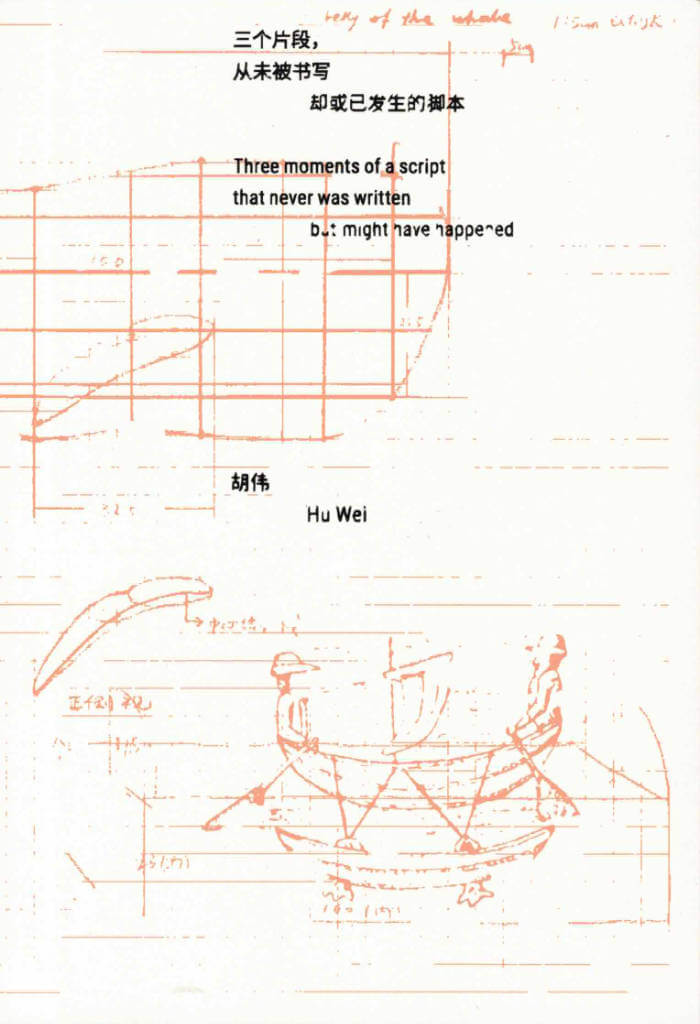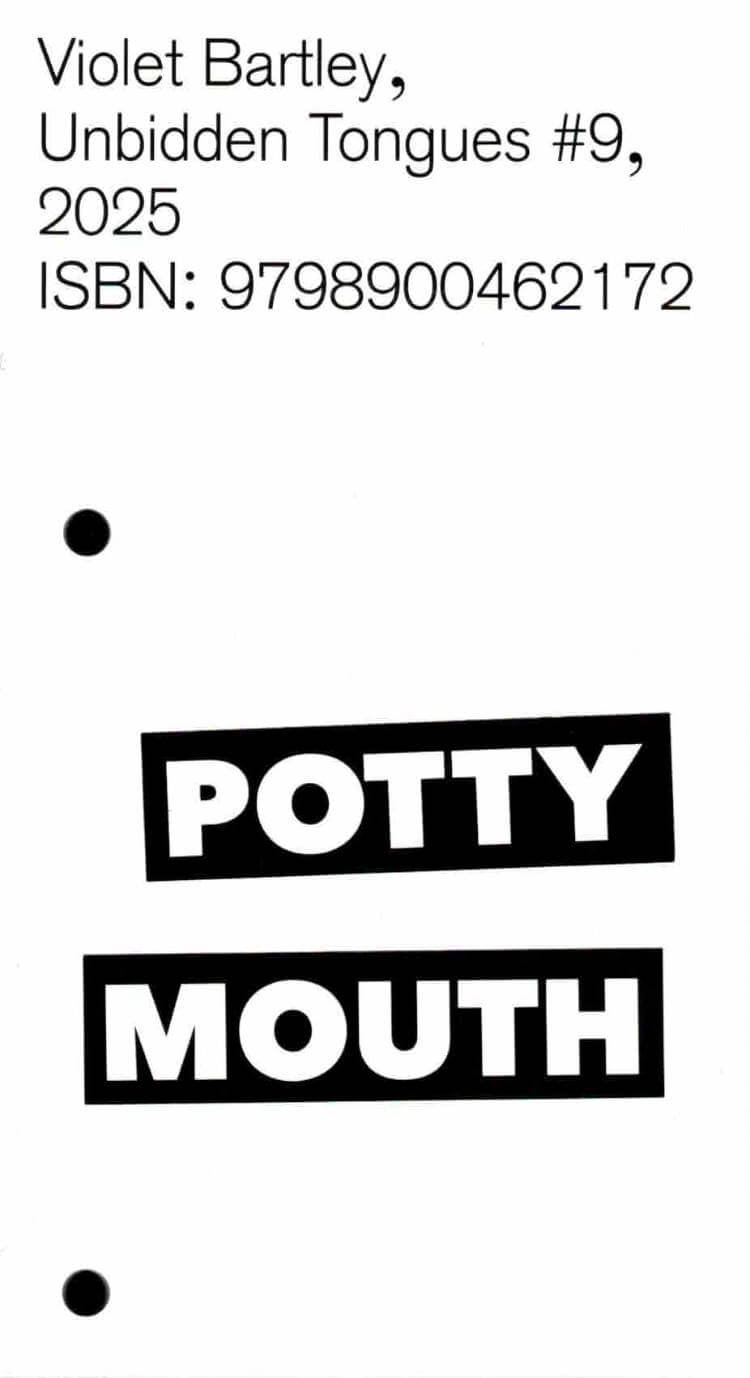
Nosferasta: The Book
Marking the first UK commission by Brooklyn-based filmmakers Adam Khalil and Bayley Sweitzer in collaboration with Oba, Gasworks has published a 176-page book that explores the ever-expanding vampiric universe of Nosferasta.
Spanning 500 years of colonial destruction, human trafficking and blood sucking, Nosferasta is a Rastafarian vampire film that reimagines Oba’s origin story in the late 15th century, when he is seduced by the vampire Christopher Columbus, ensuring his undying allegiance to the colonial project. Combining film forms and jumping across multiple timelines, Nosferasta examines the guilt of being complicit in imperial conquest, while acknowledging the extreme difficulty of unlearning centuries of vampiric conditioning. Ultimately, the film tackles an uncomfortable question:
How can you decolonise yourself, if it’s in your blood?
Interspersed with excerpts from Oba’s literacy diaries, Nosferasta: The Book features critical essays, speculative fiction and visual contributions by Peggy Ahwesh, Lou Cornum, Alex Esco, Sabel Gavaldon, Adam Khalil, Mutabaruka, Oba, Austin Sley Julian, Bayley Sweitzer, and Laura Vallés. Designed by fag tips (aka Virgil b/g Taylor).
Language: English




